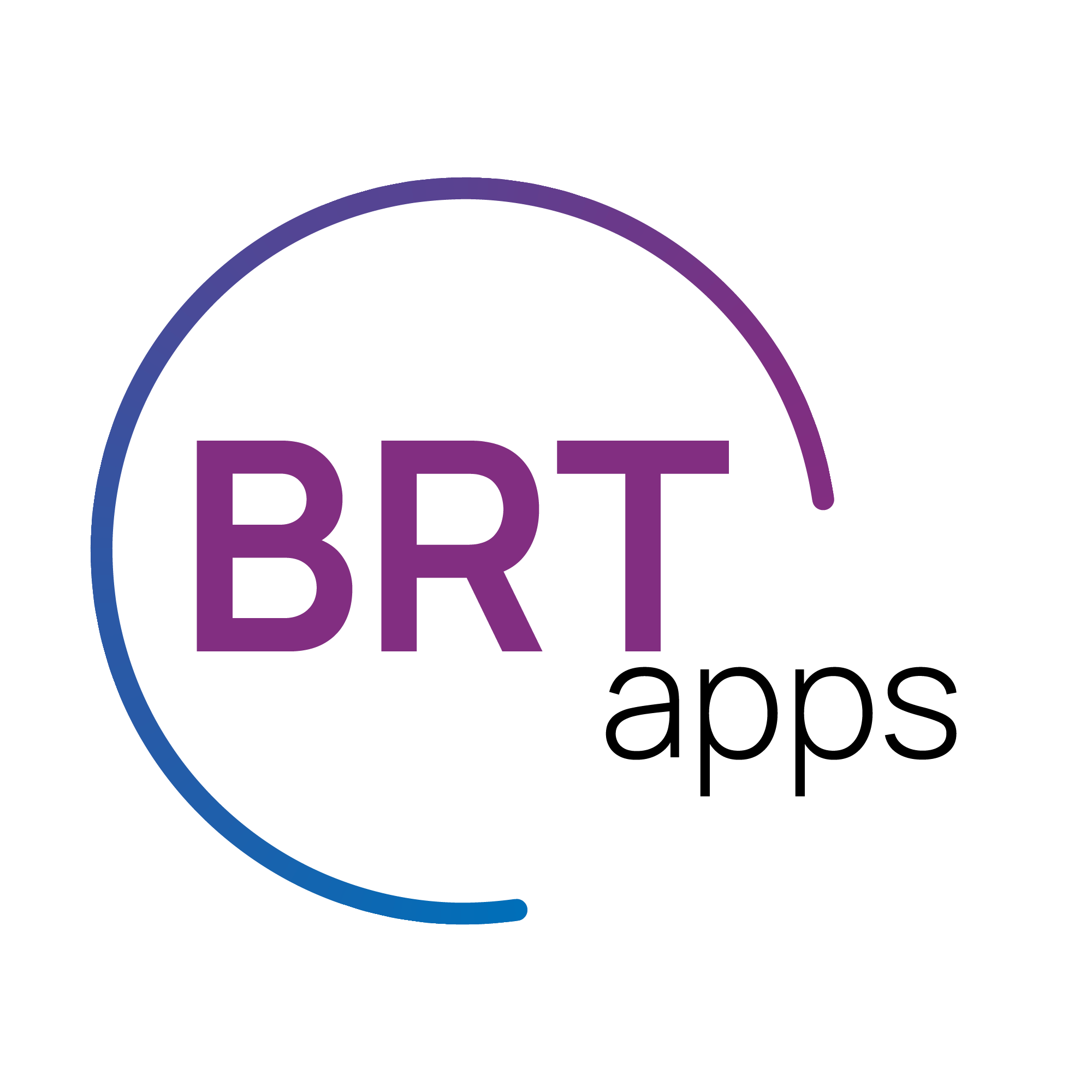New partnership between Behavioral Research and Teaching (BRT) at the University of Oregon and SoapBox Labs makes it easy for educators to ensure a successful reading journey for young students.
EUGENE, OREGON – Today, Behavioral Research and Teaching (BRT) at the University of Oregon announced that it has partnered with SoapBox Labs, the voice AI company that delivers accurate and equity-driven learning experiences for kids, to power its new comprehensive diagnostic assessment system, CBMskills.
The College of Education (COE) at the University of Oregon, successfully launched easyCBM over 15 years ago to assess acquisition of reading skills and inform educators’ interventions to support struggling students. The COE/UO was also the point of origin for the research and development of DIBELS/DDS and Positive Behavioral and Instructional Supports (PBIS). BRT has now launched CBMskills to complement easyCBM in time for the start of the new school year.
Rooted in decades of groundbreaking research on the science of reading, the new CBMskills platform incorporates recommendations to support improvement in reading from the seminal National Reading Panel Report (2000) including phonemic awareness, word identification, and oral reading fluency assessments. With CBMSkills and easyCBM, teachers can now ensure that students succeed in learning to read and fluently reading to learn.
Powered by the SoapBox voice engine, the assessment tracks a student’s progression through timed reading passages, making it easier for educators to accurately and specifically pinpoint where students are making oral fluency errors. For example, a child who skips words or phrases, but pronounces words correctly, may have a visual processing problem rather than a reading problem. Similarly, if a child regularly substitutes an “ll” for an “r,” they may have an articulation disorder. These types and frequencies of errors, can be highlighted by a voice-enabled learning tool and hold a wealth of insight to drive more individualized instruction and quicker intervention.
“Although the link between reading fluency and comprehension is widely acknowledged, it’s particularly critical for struggling readers. The advancements in speech recognition technology — and development of a voice engine, like SoapBox, that captures the unique rhythms and patterns of young voices — allows us to much more effectively and precisely unpack where students are struggling, so we can intervene more strategically and more quickly. That’s a really exciting development for reading instruction,” said Dr.Gerald Tindal, Director of Behavioral Research and Teaching. “The collaboration between SoapBox Labs and BRT provides an innovative partnership of research to practice, so teachers can move from data collection to data use in helping students learn to read.”
SoapBox’s equity-by-design voice AI technology delivers accurate fluency assessments for students of all ages, accents, and dialects, returns scores for students down to the phoneme level, and helps educators identify struggling readers who would benefit from personalized instruction and intervention.
“We are thrilled to be partnering with the College of Education at the University of Oregon, which has long been a pioneer in advancing the field’s understanding of how we learn to read, as well as the development of effective tools that put that research into practice,” said Martyn Farrows, CEO at SoapBox Labs. “This partnership underscores our commitment to revolutionizing language and reading development through technology, and together with the University of Oregon, we’re continuing to leverage voice technology to help teachers and students.”
CBMskills builds on the College of Education’s long standing track record in reading assessment and intervention. Since release, its flagship product, easyCBM, has been used by 250,000 teachers to deliver over eight million assessments. BRT plans to onboard an additional 10,000 teachers with CBMskills by the spring of 2024, giving them the ability to strategically intervene with fluency development.
###
About the University of Oregon and College of Education
The University of Oregon (UO), established by the Oregon legislature in 1872, is a premier public research university that serves its students and the people of Oregon, the nation, and the world through the creation and transfer of knowledge in the liberal arts, the natural and social sciences, and the professions. It is designated by the Carnegie Foundation as a top-tier research university and is a member of the prestigious Association of American Universities, a group of 66 leading public and private research universities in the United States and Canada. The College of Education at the UO is highly ranked nationally among graduate programs and is renowned for its research and outreach centers that effectively move research into practice. Learn more about apps for educators from Behavioral Research and Teaching (BRT) at the University of Oregon at BRTapps.com.
About SoapBox Labs
Founded in 2013, SoapBox Labs is an equity-centered, privacy-by-design voice AI company. Our proprietary voice engine has been built from the ground up to power accurate and equitable voice experiences for children ages 2 and up of every accent, dialect and stage of development. In the education space, our award winning voice engine powers preK-12 screening, practice, intervention and assessment tools for literacy, math and language learning. SoapBox is the first AI company to be certified for Prioritizing Racial Equity in AI Design by Digital Promise and the Edtech Equity project. Learn more at soapboxlabs.com.
